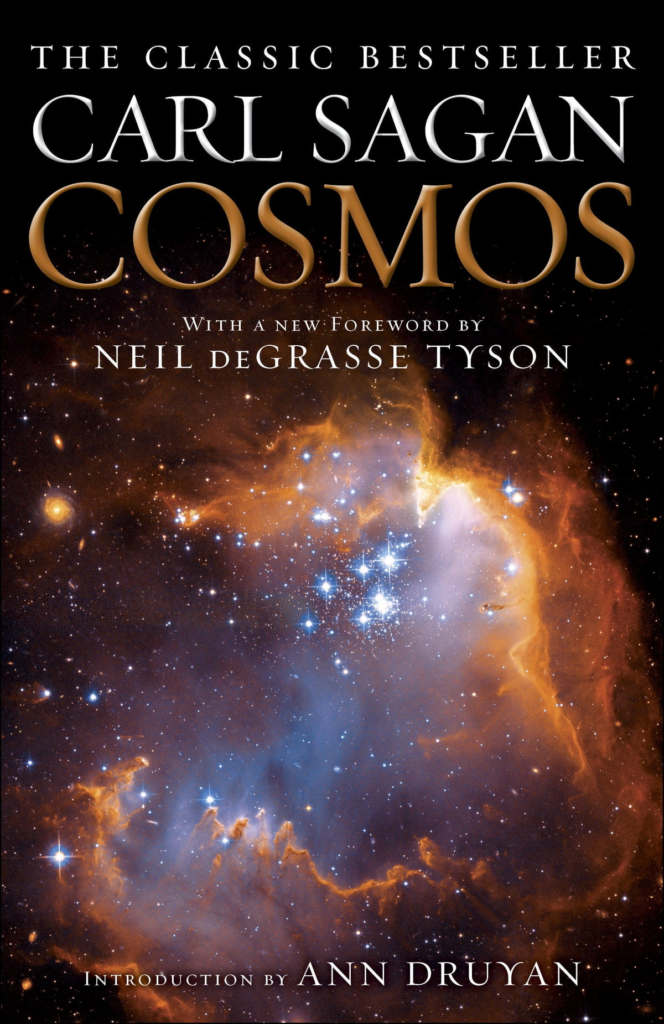Top 5 books about Science and Technology

Cosmos” by Carl Sagan:
Cosmos is a popular science book written by astronomer and Pulitzer Prize-winning author Carl Sagan. It was published in 1980 as a companion piece to the PBS mini-series Cosmos: A Personal Voyage with which it was co-developed and intended to complement.

The Innovators: How a Group of Hackers, Geniuses, and Geeks Created the Digital Revolution” by Walter Isaacson
In ‘The Innovators’, Walter Isaacson portrays the history of the Digital Revolution, through the stories of the inventions that were the key milestones of this revolution, the stories of the people who made these inventions happen, and how they did it.

“A Brief History of Time” by Stephen Hawking:
A simple summary of A Brief History of Time goes all the way from the beginning of the universe to its end, explaining things like space and time, the expanding universe, the uncertainty principle, black holes, wormholes, and time travel along the way.

The Code Book: The Science of Secrecy from Ancient Egypt to Quantum Cryptography” by Simon Singh:
The Code Book by Simon Singh is an engaging and informative book that explores the history and impact of cryptography. It delves into the science behind encryption, the role of code-making and code-breaking during wars, and how cryptography continues to shape modern society.

The Structure of Scientific Revolutions” by Thomas S. Kuhn:
The Structure of Scientific Revolutions is a book about the history of science by philosopher Thomas S. Kuhn. Its publication was a landmark event in the history, philosophy, and sociology of science. Kuhn challenged the then prevailing view of progress in science in which scientific progress was viewed as “development-by-accumulation” of accepted facts and theories. Kuhn argued for an episodic model in which periods of conceptual continuity where there is cumulative progress, which Kuhn referred to as periods of “normal science“, were interrupted by periods of revolutionary science.




Verstuur reactie